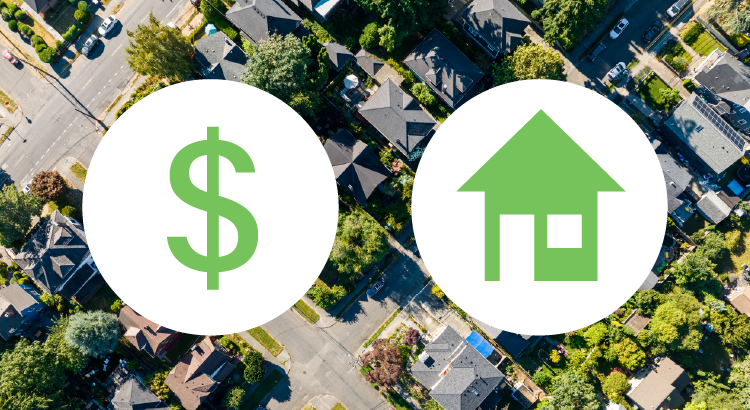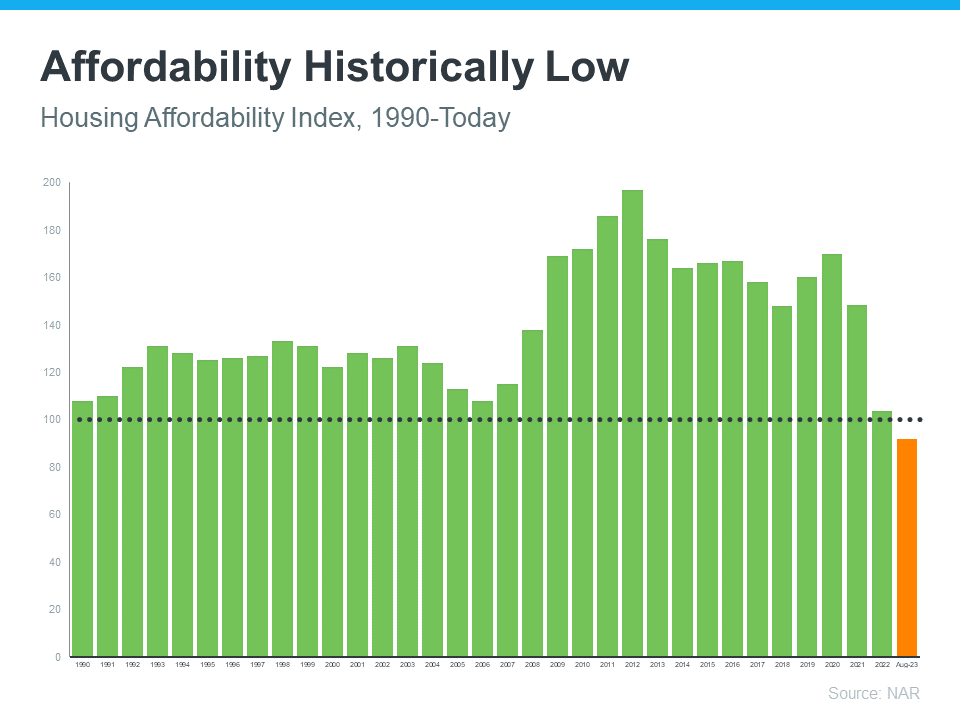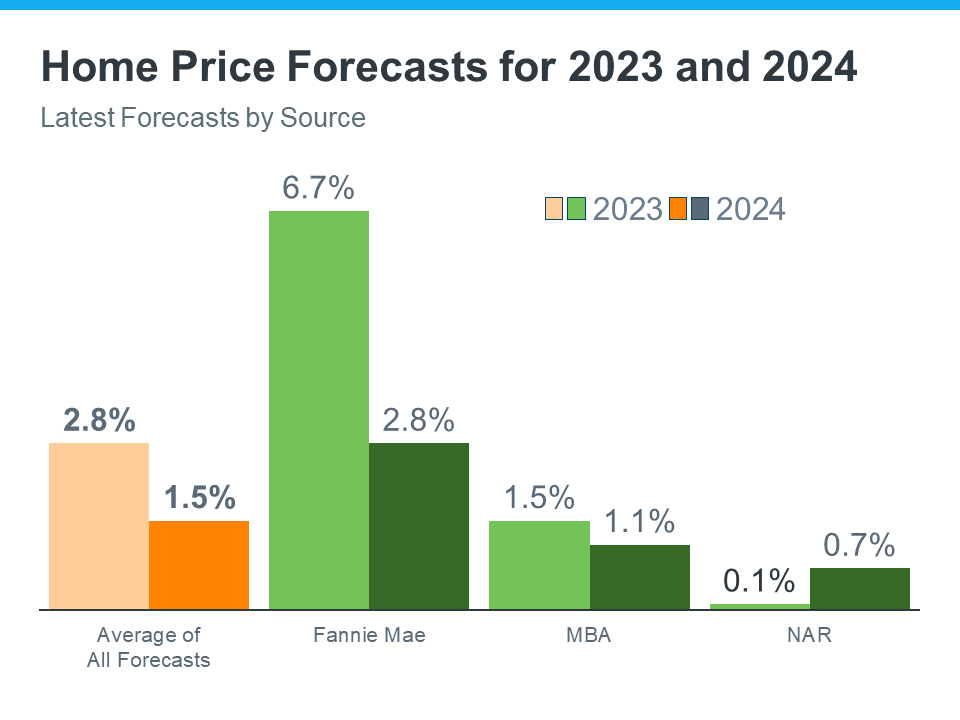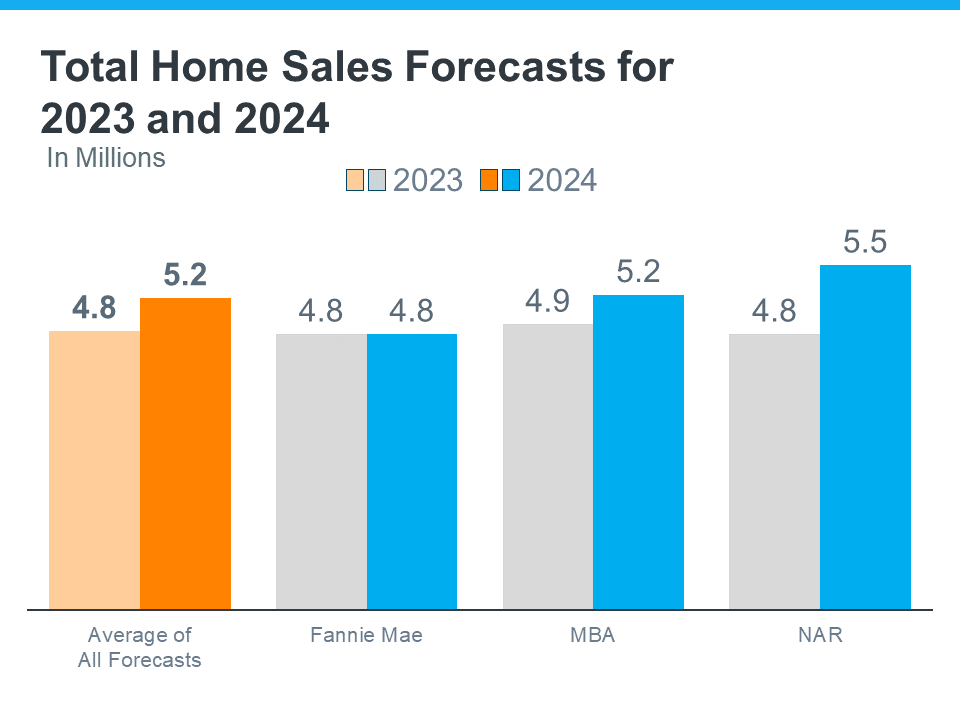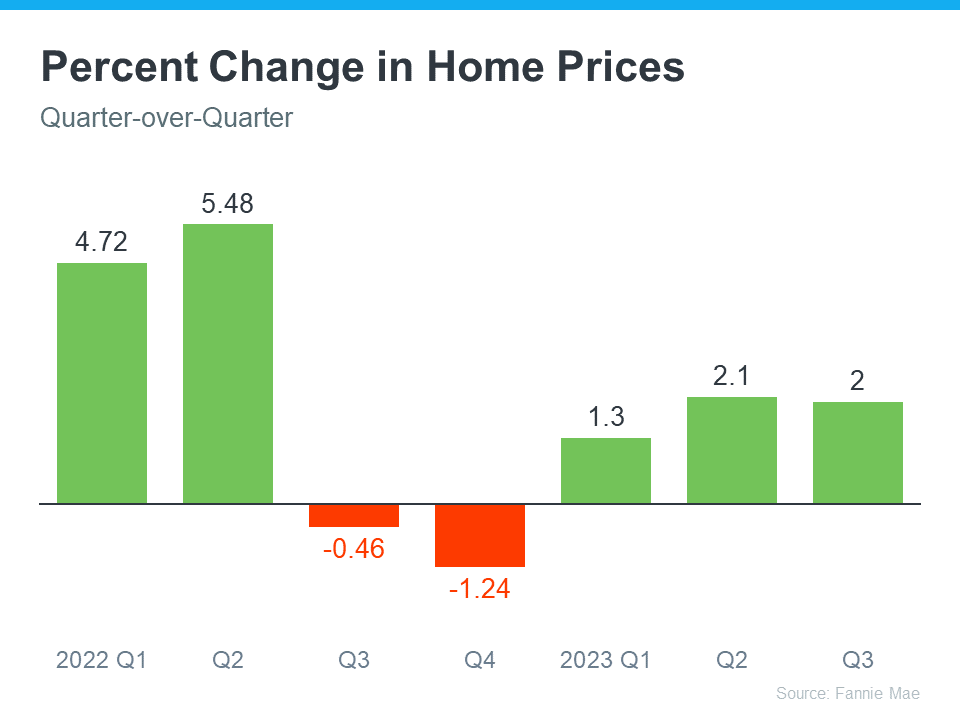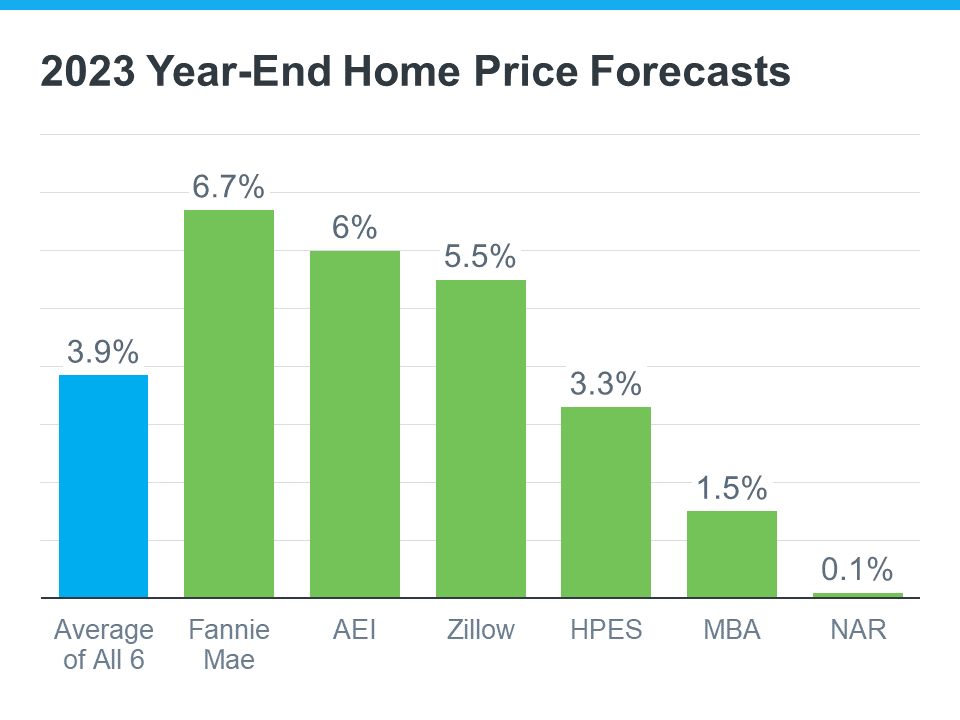
cost-effective and flexible solution for an accessory dwelling unit (ADU)?
Are you searching for a cost-effective and flexible solution for an accessory dwelling unit (ADU)? Look no further than a manufactured double wide mobile home. ADUs have gained popularity as a versatile and affordable housing option, and manufactured homes offer numerous advantages in this context. In this blog article, we will explore why a manufactured double wide mobile home can be a perfect fit for an ADU, providing a comfortable and functional living space without breaking the bank. Whether you’re looking to accommodate a loved one, generate rental income, or simply expand your living space, this article will showcase the benefits of considering a manufactured double wide mobile home for your ADU needs.
$119,000 Would need to move to your lot.
Cost-Effective And Time-Efficient Construction Of Double Wide Mobile Homes
When it comes to constructing an accessory dwelling unit (ADU), one of the most important factors to consider is cost-effectiveness. ADUs provide a practical solution for housing needs by offering an additional living space on existing residential properties. In recent years, many homeowners have discovered the numerous advantages of using a manufactured double wide mobile home as an ADU.
One of the primary reasons why a manufactured double wide mobile home is cost-effective is due to its construction process. Unlike traditional site-built homes, these mobile homes are built in a controlled environment, typically in a factory setting. This controlled environment ensures increased efficiency and quality control throughout the construction process.
Because of the streamlined manufacturing process, the construction of a double wide mobile home requires less time and labor compared to a site-built ADU. The use of pre-fabricated components allows for faster assembly and installation on-site. This means that homeowners can have their ADU completed in a fraction of the time it would take to build a traditional ADU.
Another cost-saving aspect of manufactured double wide mobile homes is the ability to control material costs. The factory setting allows for bulk purchasing of construction materials, reducing overall expenses. Additionally, the in-house production of components minimizes waste, making the construction process more sustainable and efficient.
In terms of affordability, the overall cost of a manufactured double wide mobile home is typically lower than a site-built ADU. Factors such as reduced labor, controlled production costs, and bulk material purchasing contribute to the lower price point. This affordability makes double wide mobile homes an attractive option for homeowners looking for a cost-effective solution for their ADU needs.
Moreover, the cost-effectiveness of a double wide mobile home doesn’t compromise its quality or durability. These homes are built to meet strict construction standards and regulations. They undergo rigorous inspections during the manufacturing process, ensuring that they meet the necessary safety codes.
Additionally, the materials used in the construction of double wide mobile homes are carefully selected to withstand transportation and installation. They are designed to be durable and resilient, providing homeowners with a long-lasting living space.
Furthermore, double wide mobile homes offer additional cost savings in terms of energy efficiency. These homes are equipped with energy-efficient features, such as insulated walls, high-quality windows, and modern appliances. These energy-saving elements help to reduce utility costs and make the ADU more sustainable.
In conclusion, a manufactured double wide mobile home offers a cost-effective and time-efficient construction solution for the creation of an accessory dwelling unit. The streamlined manufacturing process, reduced labor, controlled material costs, and energy-efficiency make it an attractive option for homeowners seeking a practical and affordable ADU. By choosing a double wide mobile home, homeowners can save time and money while still enjoying a high-quality, durable, and comfortable living space.
The Benefits Of A Double Wide Mobile Home As An Accessory Dwelling Unit
As the demand for affordable housing solutions continues to rise, more and more homeowners are exploring the concept of accessory dwelling units (ADUs) as a viable option. These secondary living spaces built on the same lot as the main dwelling offer a multitude of benefits, from generating rental income to providing a private living space for aging parents, adult children, or guests. When it comes to ADUs, one highly practical and cost-effective solution is a manufactured double wide mobile home.
While mobile homes were previously associated with a certain stigma, the housing industry has made significant advancements in providing high-quality, energy-efficient, and aesthetically pleasing options. Double wide mobile homes, specifically, offer several advantages that make them an ideal choice for an ADU.
1. Affordability: One of the most significant advantages of a double wide mobile home is its affordability. Manufactured homes generally cost significantly less compared to traditional site-built homes, making them an attractive option for homeowners with a limited budget. This cost-effectiveness can translate to lower rental rates or reduced construction expenses for those planning to build an ADU for additional income.
2. Speed of construction: Building an ADU from scratch can be a time-consuming process, especially when considering the various permits, inspections, and construction schedules involved. In contrast, double wide mobile homes are built in controlled factory settings, which allows for efficient and precise construction techniques. Once completed, the ADU can be delivered and installed on-site within a matter of weeks, significantly reducing the overall construction timeline.
3. Flexibility and customization options: Double wide mobile homes come in a variety of sizes, layouts, and designs, offering homeowners a range of customization options to fit their specific needs and preferences. Whether the ADU is intended for rental purposes, a home office, or an in-law suite, these manufactured homes can be tailored to meet the desired functionality and style, allowing for a seamless integration with the existing property.
4. Quality and durability: The modern double wide mobile homes available today are constructed using advanced building techniques and materials, ensuring greater structural integrity and longevity. From durable roofing and siding to energy-efficient windows and insulation, these homes are designed to withstand the test of time and provide comfortable living conditions for residents.
5. Mobility and versatility: The term “mobile home” may suggest a lack of permanence, but double wide mobile homes are designed to provide both mobility and versatility. While they can be permanently installed, they also offer the flexibility to be relocated if desired, making them an excellent choice for homeowners who may want the option to change the ADU’s location in the future.
6. Accessibility features: Double wide mobile homes can be designed with accessibility features, such as ramp entrances, wider doorways, and grab bars, to accommodate individuals with mobility challenges or disabilities. This makes them a suitable option for homeowners looking to create an ADU that is accessible and inclusive for all occupants.
In conclusion, a manufactured double wide mobile home holds numerous benefits as an accessory dwelling unit. From affordability and speed of construction to flexibility and customization options, these homes offer homeowners a practical and cost-effective solution for creating additional living spaces on their properties. With their quality construction, mobility, and accessibility features, double wide mobile homes can provide a comfortable and inviting environment for residents while complementing the aesthetics of the existing property.
Flexibility And Customization Options For Double Wide Mobile Homes As ADUs
When it comes to finding the perfect accessory dwelling unit (ADU) for your property, flexibility and customization options are essential considerations. And that’s where manufactured double wide mobile homes come in. These homes offer a range of benefits and possibilities that make them an excellent choice for ADUs.
One of the primary advantages of double wide mobile homes as ADUs is their flexibility in design and layout. These homes can be customized to suit your specific needs and preferences, whether you’re looking for a compact one-bedroom unit or a spacious two-bedroom dwelling. The wide variety of floor plans available allows you to tailor the living space to accommodate your lifestyle and maximize functionality. From open-concept layouts to partitioned rooms, the design possibilities are extensive.
In addition to layout customization, double wide mobile homes also offer flexibility in terms of location. Unlike traditional stick-built ADUs, these homes can be installed on virtually any property. Whether you have a large backyard, a rural area, or even an urban setting, a double wide mobile home can seamlessly blend into the surroundings and become a comfortable and functional living space.
Another significant advantage of double wide mobile homes as ADUs is their cost-effectiveness. Manufactured homes are generally more affordable compared to traditional construction methods. This cost-effectiveness is especially beneficial for homeowners who want to add an ADU to their property without breaking the bank. Additionally, the shorter construction time of manufactured homes means you can have your ADU up and running quickly, saving both time and money.
Double wide mobile homes also offer additional benefits in terms of energy efficiency. These homes are built to modern energy efficiency standards, ensuring reduced heating and cooling costs. With proper insulation and the use of energy-efficient appliances, you can create a sustainable and eco-friendly living space for your ADU, saving money on utility bills in the long run.
Durability is another crucial aspect to consider when choosing an ADU, and double wide mobile homes excel in this area as well. Manufactured homes are constructed using high-quality materials and adhere to rigorous building codes, ensuring a sturdy and durable structure. This durability translates into a long-lasting ADU that requires minimal maintenance, providing peace of mind for homeowners.
Furthermore, the popularity of double wide mobile homes as ADUs is not only due to their versatility and affordability but also their aesthetic appeal. These homes are available in various exterior finishes and designs, allowing you to select a style that complements the existing architecture of your property. Whether you prefer a modern, contemporary look or a more traditional aesthetic, there is a double wide mobile home design to suit your taste.
In conclusion, when it comes to choosing an ADU, the flexibility and customization options offered by double wide mobile homes make them a perfect choice. With an array of floor plans, energy-efficient features, durability, and cost-effectiveness, these homes provide homeowners with the ability to create a comfortable and personalized living space that blends seamlessly into any property. Whether you’re looking to accommodate additional family members, create a rental space, or simply expand your living options, a manufactured double wide mobile home could be the ideal solution for your ADU needs.
Overcoming Common Misconceptions About Double Wide Mobile Homes As An ADU Option
A manufactured double wide mobile home may not be the first thing that comes to mind when considering an accessory dwelling unit (ADU). Common misconceptions often surround mobile homes, leading people to overlook their potential as a viable housing option. However, it is important to debunk these misconceptions and recognize the numerous advantages that a double wide mobile home can offer as an ADU.
First and foremost, the stigma associated with mobile homes arises from outdated beliefs and stereotypes. Many people imagine dilapidated structures in unkempt trailer parks. However, modern manufactured homes have come a long way and are built to high standards of quality, durability, and energy efficiency. While there may still be older mobile homes that do not meet these standards, it is crucial to separate those from today’s manufactured double wide mobile homes.
A double wide mobile home is constructed in sections at a factory and then transported to its final location. This off-site construction process provides several advantages over traditional on-site building methods. One significant advantage is cost-effectiveness. Manufactured homes are often more affordable than site-built homes, making them an attractive option for homeowners looking to add an ADU without breaking the bank.
Another misconception is that mobile homes lack aesthetic appeal and customization options. However, modern manufactured double wides come in a wide range of designs and floor plans that can suit various aesthetic preferences. Homeowners can choose from various exterior finishes, roofing materials, and interior finishes to match their desired style. Customization options also extend to the layout, size, and features of the ADU, allowing for flexibility in meeting specific needs and preferences.
Furthermore, double wide mobile homes offer a faster construction timeline compared to traditional site-built ADUs. With off-site construction, most of the building process occurs in a controlled environment, minimizing weather-related delays and fluctuations in productivity. By the time the modules are brought to the site for final assembly, a significant portion of the construction work is already completed. This accelerated construction process translates into shorter wait times and reduced disruption for homeowners.
One concern often raised about mobile homes is their perceived lack of durability. However, manufactured mobile homes are constructed to meet strict building codes and undergo rigorous inspections during and after construction. They are engineered to withstand transportation and installation, ensuring their durability over time. In fact, some studies have shown that manufactured homes can be more resistant to strong winds and seismic activity compared to site-built structures.
Energy efficiency is another aspect where manufactured homes have made significant strides. Today’s double wide mobile homes are designed with energy conservation in mind. They often feature advanced insulation materials, high-performance windows, and energy-efficient appliances. These elements contribute to lower energy consumption, decreased utility bills, and a reduced environmental footprint for the ADU.
Lastly, mobile homes can offer the flexibility to relocate if necessary. Whether due to a change in living circumstances, job opportunities in a different location, or simply the desire for a change of scenery, mobile homes can be easily transported to a new site. This mobility provides homeowners with the freedom to adapt to changing circumstances without losing their investment in the ADU.
In conclusion, it is essential to challenge misconceptions surrounding manufactured double wide mobile homes as ADUs. Today’s modern mobile homes are not the stereotypical structures of the past, but rather quality, affordable, customizable, durable, and energy-efficient housing solutions. By overcoming these misconceptions, homeowners have the opportunity to unlock the full potential of double wide mobile homes as a perfect accessory dwelling unit.












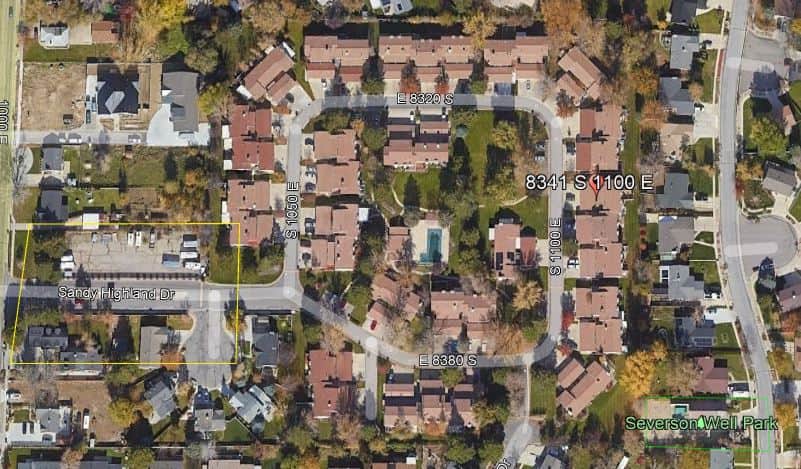
![Your Checklist To Get Ready To Sell [INFOGRAPHIC] | MyKCM](https://files.mykcm.com/2021/08/26133632/20210827-MEM-1046x1353.png)

